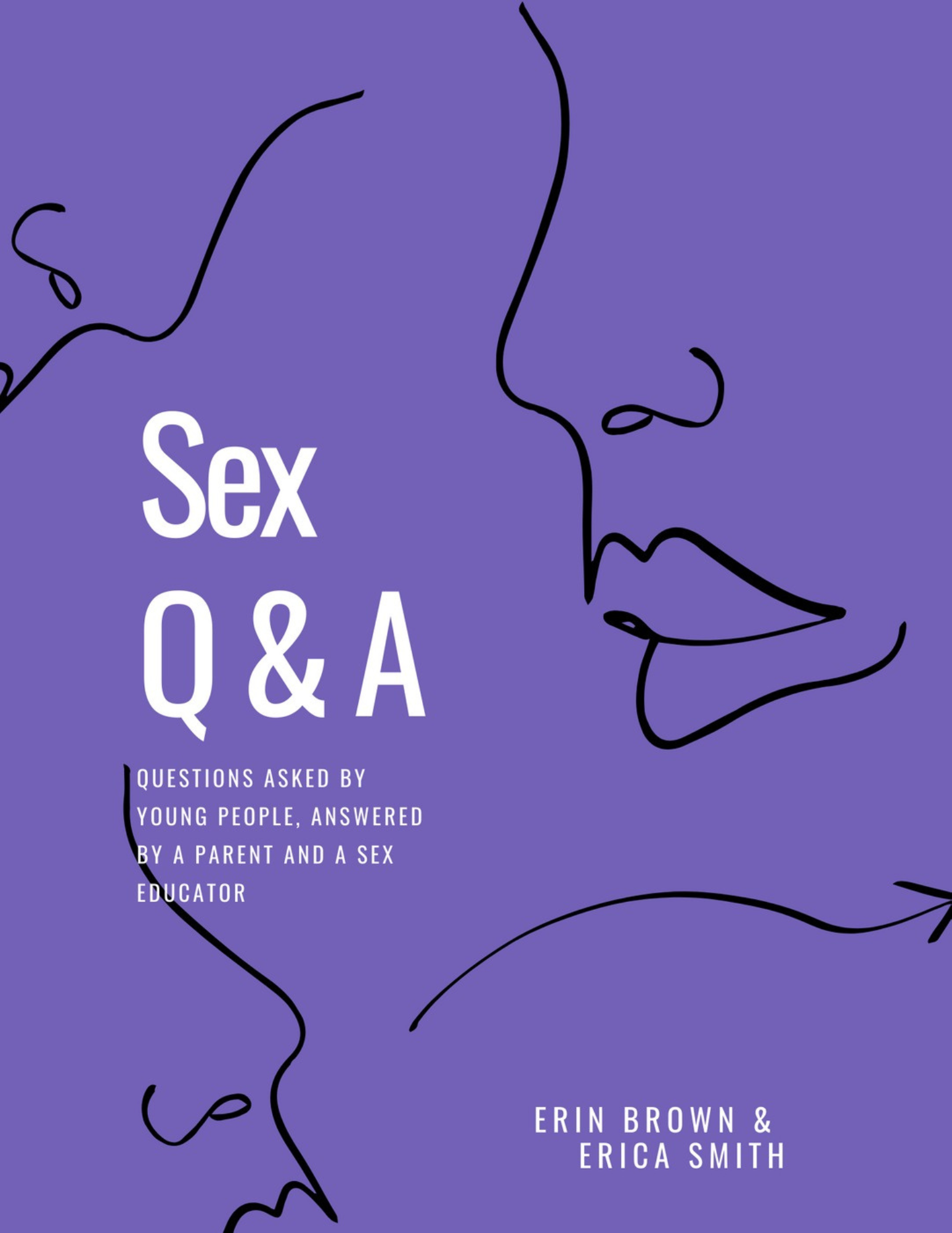It’s nearly universal. If you bring up having the sex talk with your kids to any parent, you will immediately notice a look of dread followed by embarrassed stammering.
“What if I say the wrong thing?”
“It’s uncomfortable.”
“I don’t know where or how to begin.”
“What if I say too much?”
However, we know that if you don’t educate your child, they will educate themselves with mainstream media and porn. And unfortunately, absorb unrealistic portrayals of sex as truth.
Parents have the opportunity to teach their children bodily autonomy, consent, desire, and help them develop the communication and emotional skills to have successful relationships and positive sexual experiences.
Peggy Orenstein, author of Girls & Sex and Boys & Sex, explains that in a “a survey of 300 randomly chosen girls from a Dutch and an American university - two similar universities - talking about their early experience of sex. The Dutch girls embodied everything we say we want from our girls. They had fewer negative consequences - like disease, pregnancy, regret - more positive outcomes - like being able to communicate with their partner, who they said they knew very well, preparing for the experience responsibly, enjoying themselves. What was their secret? The Dutch girls said that their doctors, teachers and parents talked to them candidly from an early age about sex, pleasure and the importance of mutual trust. While American parents tend to frame those conversations entirely in terms of risk and danger, Dutch parents talk about balancing responsibility and joy. I have to tell you. As a parent myself, that hit me hard. As parents, teachers, advocates and activists, we have raised a generation of girls to have a voice, to expect egalitarian treatment in the home, in the classroom, in the workplace. Now it's time to demand that in their personal lives as well.”
What Makes A Baby
The child of a children’s librarian and sex therapist, it seems a natural (and lucky for us) progression for Cory Silverberg to become a writer and sexuality educator. Their book, What Makes a Baby, is geared for readers from pre-K to 8 years old, and presents every kind of family and kid. It covers conception, gestation and birth in a beautifully diverse and inclusive way - acknowledging adoption, conception using reproductive technologies, surrogacy, different family types and composition, parental orientation, gender and identity.
Sex is a Funny Word
Another gem by Cory Silverberg, this comic book is designed for kids 8-10 and sets the stage for open dialog between children and their caregivers to discuss bodies, gender and sexuality. Sex is a Funny Word makes space for adults to share their own values and beliefs AND share information on safety, boundaries, and the pleasurable aspect of sex. As with Silverberg’s other fine work, this book is wonderfully diverse and inclusive of lesbian, lesbian, gay and bisexual experiences, gender creative and gender-nonconforming children, and trans and intersex bodies and lived experience.
Thankfully, there is a new wave of inclusive, sex-positive books and resources that parents can utilize to help navigate these conversations.
Sex Q&A
Co-written by Erin Brown and sex-educator Erica Smith, Sex Q&A is an incredible book based on questions that a child might ask and covers a wide gamut of topics from virginity, porn, masturbation, gender identity, sexual orientation to consent and STIs. What’s so beautiful about this book are the perfectly crafted, age-appropriate responses by Erin Brown and expert perspective from Erica Smith. This book offers clear scripts for parents (reminder, less is more) and with its use of wonderfully inclusive and non-judgemental language, is pure GOLD.
Amaze geared towards 10-12 year olds, this website provides entertaining (often funny!), educational and age-appropriate sex education videos for youth. Amaze also provides educational resources for caregivers who want to build communication skills and comfort with talking to children about sex and sexuality. Even better, resources are free. https://amaze.org/
Planned Parenthood offers toolkits and guidance for parents to have conversations with their children about sex, puberty, bodies and relationships by age group. https://www.plannedparenthood.org/learn/parents
Sex Positive Families offers interactive puberty workshops for tweens and parents, online resources, and tips to help families raise sexually healthy children using “a shame-free, comprehensive, and pleasure-positive approach”. Resources cover an impressive scope of topics from puberty, bodies, and menstruation to consent, pleasure and sexual orientation. https://sexpositivefamilies.com/





